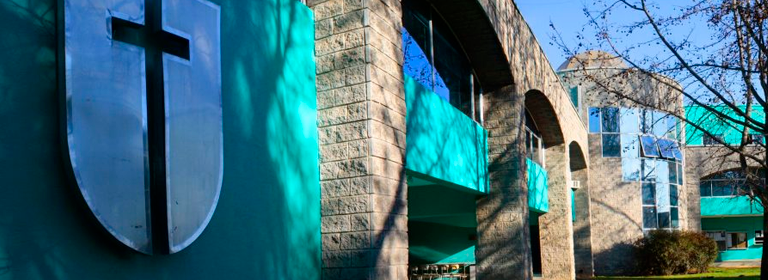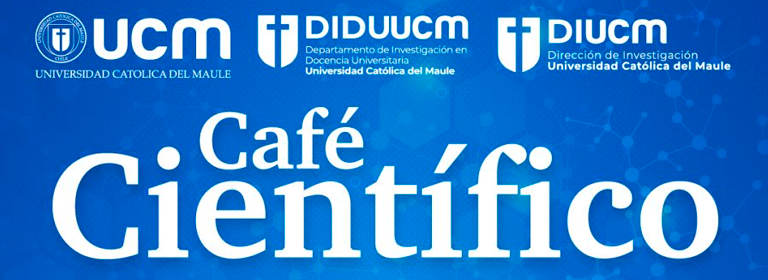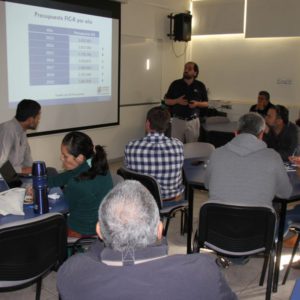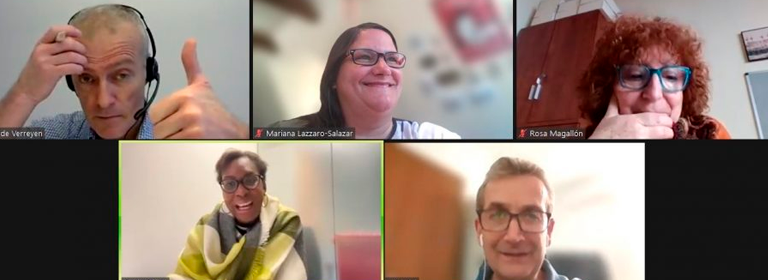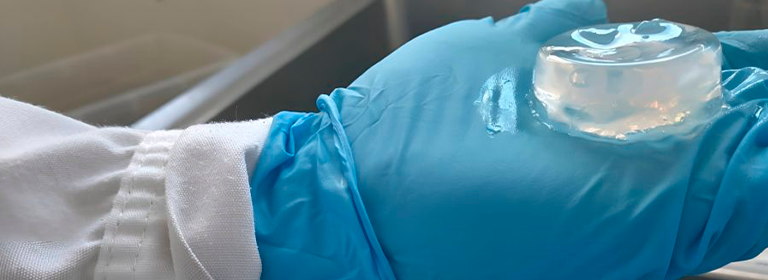Imparted since 2013, the Master’s degree in Religious Sciences and Philosophy of the Universidad Católica del Maule received its third quality certification as a unique program of its type on a regional level.
 The quality certification received by the Master in Religious and Philosophical Sciences of the Universidad Católica del Maule (UCM) will be extended for four years by the National Accreditation Commission (CNA, by its initials in Spanish). The decision, which has been in effect since January 11, was adopted unanimously by the members of the rating agency.
The quality certification received by the Master in Religious and Philosophical Sciences of the Universidad Católica del Maule (UCM) will be extended for four years by the National Accreditation Commission (CNA, by its initials in Spanish). The decision, which has been in effect since January 11, was adopted unanimously by the members of the rating agency.
“The CNA certification is the result of the process of self-evaluation that began in the year 2020 and from an organic and collaborative work between different institutional levels of our university (…). The Master’s has a profile aimed to research and is the only one with an interdisciplinary focus in the region,” said the program director, Esteban Céspedes.
Created in 2013, the postgraduate course taught by the faculty bearing the same name has achieved two previous accreditations and one extension.
“It is a certificate that confirms the good implementation of the mechanism that assures the institutional quality. These reflexes have many practical consequences for the program and the university overall. Between the effects more concretes and closer to the program accreditation that makes possible the application of our students to access state-funded grants,” added Céspedes.
For the dean of the unit, priest Dr. Mauricio Albornoz, the Master’s program has not only contributed to the development of the faculty’s academics. Moreover, it has also favored undergraduate students, «opening a possibility of professional perspective and improvement, in lines of research that they have been able to discover during their university life.»
The master’s degree has a duration of four academic semesters, and its mentions are in Philosophy and Theology.
 Returning to Humanities
Returning to Humanities
Even if Albornoz recognizes that Religion and Philosophy —as humanist expressions— have lost relevance among the youngest, in favor of the empiric and exact sciences, indicates that humanism will renew its importance since history is cyclic.
«They are not very appealing areas to project oneself academically, but when it comes to asking questions about reality, they appear as a fundamental pillar. One would like a revendication on the fields to which one is dedicated, but history shows the need to think and know how to think.» Sometimes we focus on the day, the everyday efficiency, to the management that the future does not give fullness of life. Hence, that causes frustration that materializes in concrete situations, most of the time not very happy, as we had witnessed in the last years of our country,” emphasized Esteban Céspedes.

